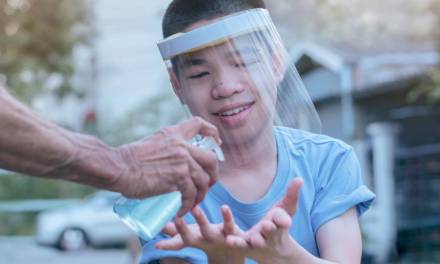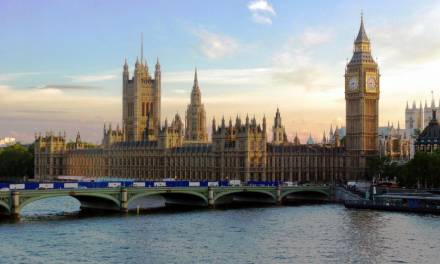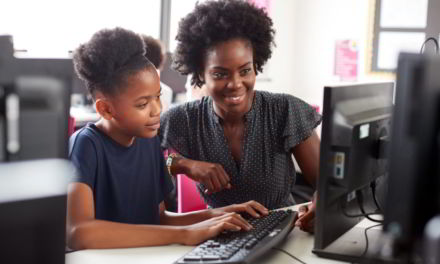Pupils in the UK should return to schools full-time in August (in Scotland) and September (in England) – even if they have been shielding.
Advice from the Government states that “unless their GP or specialist healthcare provider advises otherwise, any children and young people who lives with someone who has been shielding can also return to school.”
But what does this mean for families who are still shielding? This blog post explains.
Why has the Government advised a return to school?
The Government has said:
Going back to school is important for education and wellbeing. There are many benefits to education and the risks are low. Evidence suggests that the risk for children and young people is much less than we thought to begin with.
The guidance is that distancing should be maintained in secondary schools where possible. This is alongside ventilation, good hygiene practices and improved cleaning regimes.
What does this mean for children who have been shielding?
Scientific advice has said that children who have been shielding can go back to school.
Advice in Scotland is that “the virus is now at low enough levels that children who are coming out of shielding can go back to school when they reopen between 11-18 August. Younger children at nursery or preschool children can go back from 1 August.
Children and young people have a much lower risk of severe illness of Covid-19 and do not spread the virus as easily as adults.
Schools must also take measures to ensure minimum risk. Read more here.
What is the Government guidance for protecting young people most at risk?
- You do not need to follow previous shielding advice
- You can return to school or college full time from the beginning of the autumn term. This applies whatever your family circumstances or year group
- If you volunteer, or have a job, you can go to work, so long as the workplace is Covid-secure (you should carry on working from home wherever possible)
- You can go outside as much as you like and you can visit places such as shops, community centres, places of workship, libraries and cinemas. These activities should be undertaken in line with social distancing
- You should continue to wash your hands carefully and more often than usual
- You will stop receiving free food parcels and medicine deliveries from the National Shielding Service
The advice states:
Children and young people who have their health conditions managed just by their GP are very unlikely to need to shield in the future. This includes children and young people with conditions such as asthma, diabetes, epilepsy and kidney disease.
A small group of children and young people who receive specialist care in hospitals may still be considered clinically extremely vulnerable following a consultation with their doctor. This includes those receiving cancer or those at risk of severe infection due to immunodeficiency.
The Government is advising that all children and young people currently identified as clinically extremely vulnerable do not need to shield at the moment. Shielding has been paused for everyone. If you are a young person currently identified as clinically extremely vulnerable:
- All decisions on whether you should be removed from the shielded patient list should be based on a consultation with your paediatric specialist or your GP, who will be best placed to determine the most appropriate care
- Your paediatric specialist or your GP will be in touch to discuss what the new evidence means for you personally in the longer term. This discussion will take place before the new school term
- You do not need to make immediate contact with your GP or paediatric specialist
If you are removed from the clinically extremely vulnerable patient list, you will not be advised to shield again in future if Covid-19 transmission starts to increase significantly.
How EDClass can help young people advised to shield
EDClass can help should a GP advise that shielding should be continued (due to a medical condition or should your school need alternative support in the event of a local lockdown).
11,000+ lessons are available in order for the individuals to participate in high-quality education.
The online system providers learners with a tailored learning pathway which can be designed to match learners to their own needs. A sophisticated tracking system means teachers and other designated individuals can monitor the learners progress while they learn from home.
Unlike other platforms, EDClass is built with a wide-range of safeguarding mechanisms to meet your school’s expectations and keep pupils safe. These mechanisms include alerts, questionnaires, opportunities to speak to our highly trained members of staff, and eyes-on learning means our enhanced-DBS trained teachers can spot any issues on camera. For more information read ‘Keep students safe in more ways than one‘.
To find out more click here. Alternatively call 01909 568 338 to find out how we can help your school.









